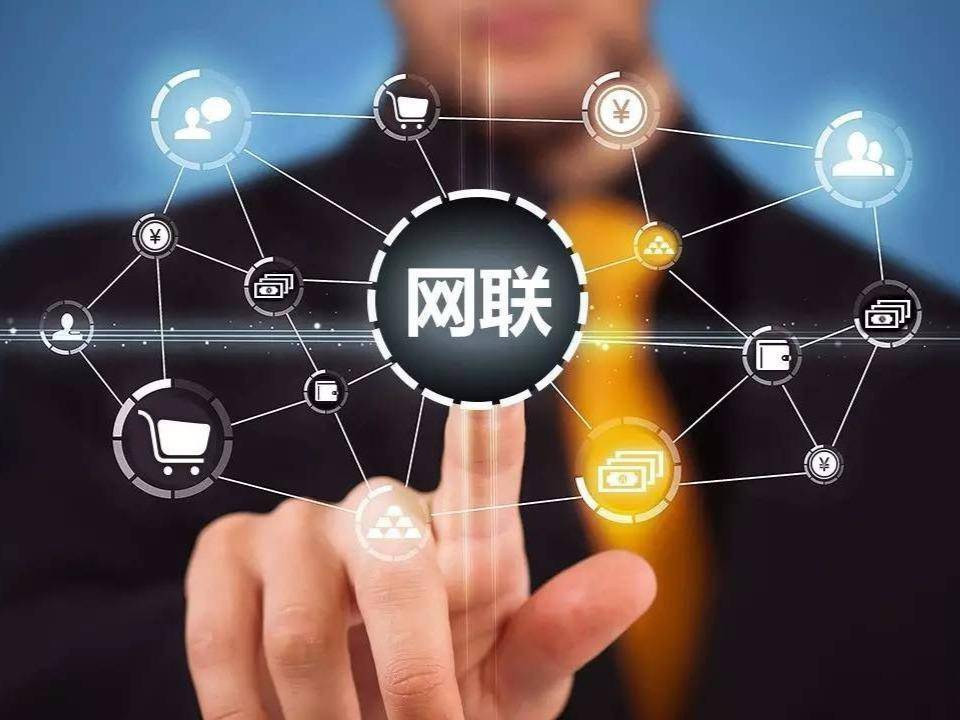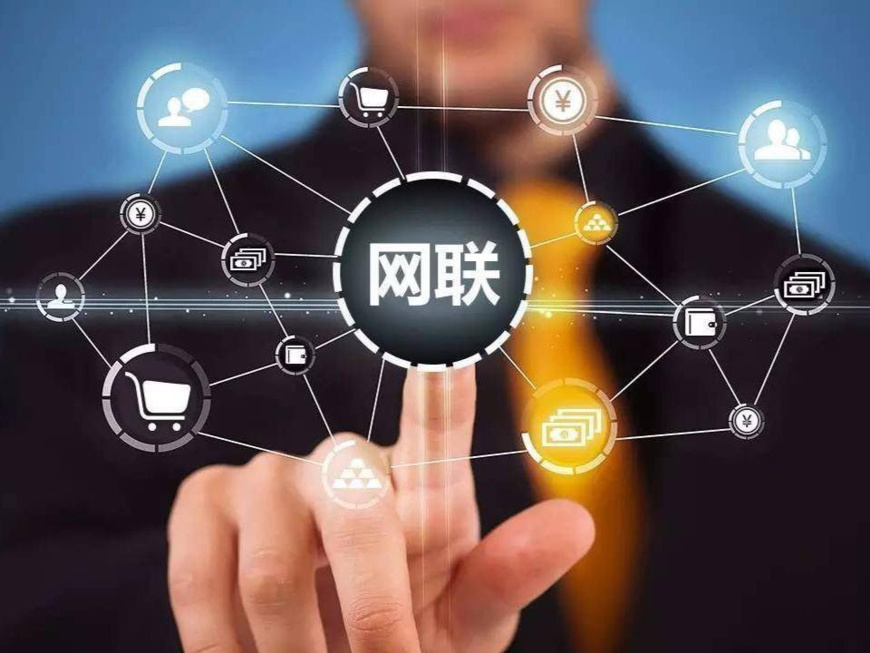By Qiang Wei from People’s Daily
China’s online payment embarked on a new chapter as more than 20 third-party payment providers, including Alibaba’s AliPay and Tencent’s Tenpay, havecompleted their connections with a nationwide online clearing house newly established at the requirement of China’s central bank.
After the launch of the Online Settlement Platform for Non-Bank Payment Institutions, all of the country’s payment companies will work with a standard set of clearing protocols and rules.
Similar to an Internet version of UnionPay’s clearing service for bank-to-bank transactions, the platform was designed for payment transactions handled by third-party providers. The regulator launched it with the aim of tightening supervision of the country’s fast-growing online payment market.
According to a document issued in August by the People’s Bank of China, all banks and online payment systems must connect to the new platform by October 15 and be ready to route transactions through it starting June 30, 2018.
In the past, transactions from companies like Alipay and Tenpay were handled on different terms with banks, falling outside central bank oversight.
The decision came as Chinese users of online payment had exceeded 500 million and online payment transactions handled by non-bank institutions amounted to more than 100 trillion yuan ($15 trillion).
Putting an end to the current direct connection model, the new platform will also help with centralized management of provisions.
The online clearing house allows the central bank to track and monitor all capital flow of third-party payment providers, leaving fewer loopholes for money-laundering, bribery, tax evasion and other irregularities.
Thanks to the platform, more big data on clearing settlement will be collected by the central bank, and consumers’ payment costs are expected to be trimmed as well.
Analysts pointed out that the establishment of the platform not only indicates the Chinese government’s tightened oversight of the financial environment but also its endeavor for building a new credit system.
Pic:
The Chinese characters in the pictures mean “the Online Settlement Platform for Non-Bank Payment Institutions”.
Photo: People’s Daily Online
After the launch of the Online Settlement Platform for Non-Bank Payment Institutions, all of the country’s payment companies will work with a standard set of clearing protocols and rules.
Similar to an Internet version of UnionPay’s clearing service for bank-to-bank transactions, the platform was designed for payment transactions handled by third-party providers. The regulator launched it with the aim of tightening supervision of the country’s fast-growing online payment market.
According to a document issued in August by the People’s Bank of China, all banks and online payment systems must connect to the new platform by October 15 and be ready to route transactions through it starting June 30, 2018.
In the past, transactions from companies like Alipay and Tenpay were handled on different terms with banks, falling outside central bank oversight.
The decision came as Chinese users of online payment had exceeded 500 million and online payment transactions handled by non-bank institutions amounted to more than 100 trillion yuan ($15 trillion).
Putting an end to the current direct connection model, the new platform will also help with centralized management of provisions.
The online clearing house allows the central bank to track and monitor all capital flow of third-party payment providers, leaving fewer loopholes for money-laundering, bribery, tax evasion and other irregularities.
Thanks to the platform, more big data on clearing settlement will be collected by the central bank, and consumers’ payment costs are expected to be trimmed as well.
Analysts pointed out that the establishment of the platform not only indicates the Chinese government’s tightened oversight of the financial environment but also its endeavor for building a new credit system.
Pic:
The Chinese characters in the pictures mean “the Online Settlement Platform for Non-Bank Payment Institutions”.
Photo: People’s Daily Online
 Menu
Menu
 China’s new clearing house boosts online payment market
China’s new clearing house boosts online payment market

















